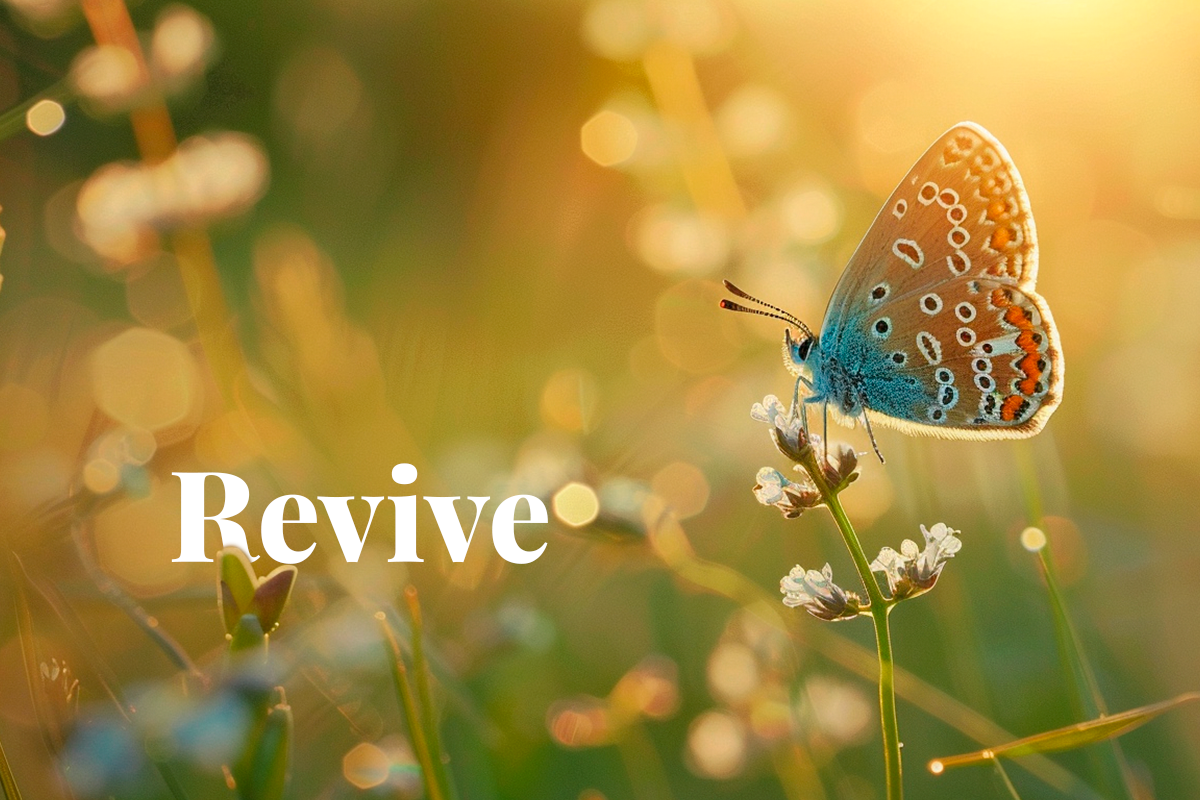In a landmark decision, the European Union has committed to reviving its natural landscapes and marine areas with a new law mandating the restoration of 20% of its territory by 2030. The legislation, which received backing from the EU Parliament, aims to tackle the degradation of over 80% of Europe's habitats by setting ambitious targets for member states to rejuvenate ecosystems ranging from forests and wetlands to agricultural lands and coral reefs.

Grassland butterfly in a field, the Netherlands.
Under this groundbreaking law, EU countries are tasked with revitalising at least 30% of deteriorating habitats by 2030, with goals escalating to 60% by 2040 and 90% by 2050. Special attention will be given to Natura 2000 sites, which are of particular conservation importance, until the end of this decade. Nations within the EU are also required to formulate detailed national restoration plans to outline their approach to meeting these objectives.
Read more: EU adopts game-changing European Green Bonds regulation
In the agricultural sector, the focus is on enhancing biodiversity through specific indicators such as the grassland butterfly index and the presence of high-diversity landscape features in farmlands. Additionally, the legislation encourages the restoration of drained peatlands, a significant step towards reducing agricultural emissions, with voluntary rewetting incentives for landowners.
Read more: 10 Vital ecosystem services: sustaining life on Earth
The law also introduces a safety mechanism allowing for the temporary suspension of agricultural restoration targets under extreme circumstances to ensure food security within the EU. Beyond agriculture, efforts will extend to forest ecosystems, urban green spaces, and the planting of three billion trees, alongside restoring 25,000 km of rivers to their natural, free-flowing state.
Following its adoption by a vote of 329 to 275, with 24 abstentions, the legislation now awaits final approval by the Council. It is set to come into effect 20 days post-publication in the EU Official Journal. This initiative not only aims to repair the EU's natural environment but also to fulfil international environmental obligations and respond to citizens' demands for action on biodiversity restoration, as highlighted during the Conference on the Future of Europe.
In the worldwide movement towards sustainability, DGB Group has positioned itself at the forefront of significant nature restoration efforts. In alignment with global nature-restoration efforts, we develop and manage extensive environmental projects that revitalise degraded lands and restore biodiversity and ecosystems. Our nature-based projects help protect and restore vital habits in addition to providing many socio-economic opportunities for local communities. You can help restore nature with us.
Learn how to restore nature with DGB



